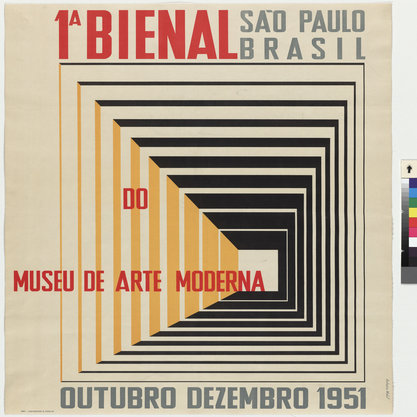Article
Walcott, Derek (1930--) By Emery, Mary Lou
Article
World-renowned poet, playwright and essayist Derek Walcott won the Nobel Prize in Literature in 1992. He grew up in his birthplace, Castries, St Lucia, immersed in the landscape, history, and creolized cultures of the Caribbean. In his writing, Walcott expresses both anguish for the wounds inflicted by the past, and joy for the beauty of the West Indies. For Walcott, art is the revolutionary medium through which to seek the transcendence of racial and regional divisions; he achieves universality in his art through love of what is particular to the Caribbean.
Drawing on canonical modernist influences such as Eliot, Joyce, and Yeats — and the classics of Western literature that also inspired them — Walcott’s writing emerged during the West Indian cultural nationalism of the 1950s–1970s and alongside the Latin American ‘boom,’ developing into a postcolonial modernism. His work is especially attentive to the natural environment of the West Indies, and proposes an Adamic imagination that sees and names the New World afresh. Much of his writing re-envisions sea-voyaging literary figures such as Robinson Crusoe and, especially, Odysseus, while also exploring the journeys taken and obstacles faced by the contemporary poet.

